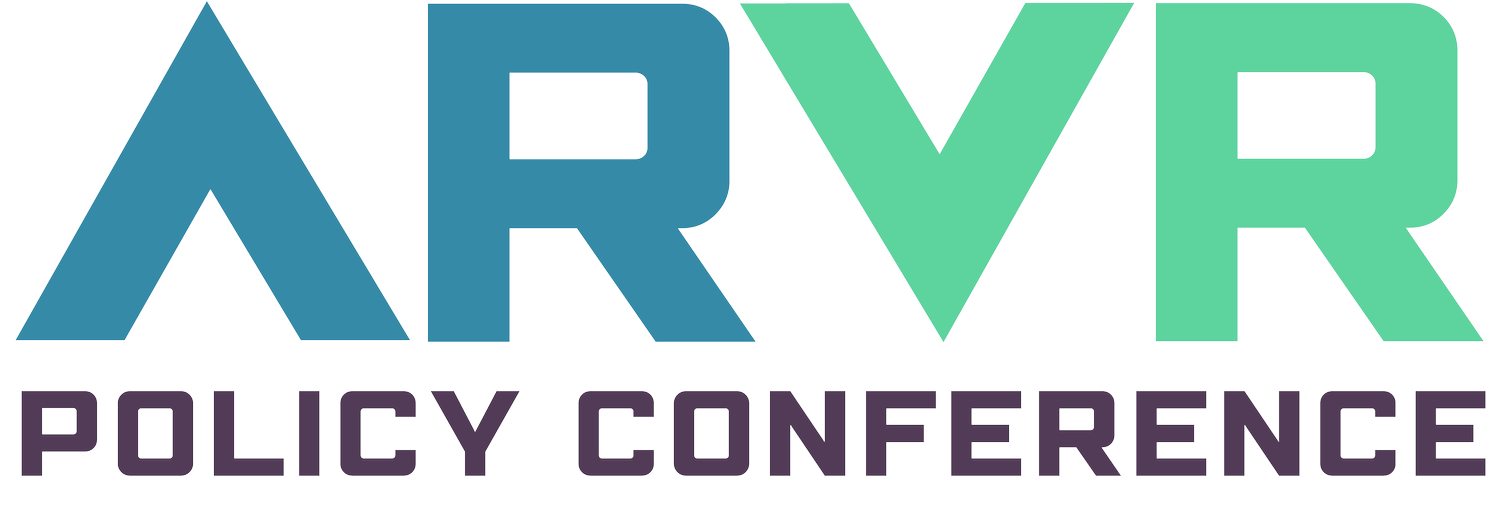Monya Ruffin
Deputy Division Director; National Science Foundation in the Directorate for STEM Education for the Division for Research on Learning in Formal and Informal Settings (DRL)
Dr. Ruffin currently serves as a Deputy Division Director at the National Science Foundation in the Directorate for STEM Education for the Division for Research on Learning in Formal and Informal Settings (DRL). This Division invests in the improvement of STEM learning for people of all ages by promoting innovative research, development and evaluation of learning and teaching across all STEM disciplines in formal and informal learning settings. As Deputy Division Director, she works closely with the Division Director to provide leadership and scientific and programmatic direction to the Division as well as oversight for its over $200 million-dollar budget and significant STEM education investment portfolio.
Programs stewarded by DRL that are particularly germane to the AR/VR Conference include the Computer Science for All (CS for All) program and Innovative Technology Experiences for Students and Teachers (ITEST) program which invest over $65 million dollars each year to support information and communication technology, technology-based learning experiences, and computer science research and education in preK-12 contexts, including AR/VR. The Division also invests in these areas through several of its other programs such as the Advancing Informal STEM Learning (AISL) program, Discovery Research preK-12 (DRK-12) program, and Education Core Research (EDU) program.
Dr. Ruffin brings over 25 years of professional expertise and leadership in efforts aimed at promoting STEM education. In previous roles, Dr. Ruffin served as an NSF Program Officer, the Deputy Director of Research for The McKenzie Group, and as a Project Director and Senior Research Analyst at the American Institutes of Research, leading major education initiatives, quantitative & qualitative education research and evaluation efforts (e.g., The Bill & Melinda Gates Millennium Scholars Program), published in peer reviewed journals, developed widely distributed education products and resources, provided training and workshops on various education and education technology topics to key stakeholders and constituents, served on two school boards (elementary, middle), served as an item writer and reviewer for national standardized tests, and worked with various government agencies (e.g., U.S. Department of Education, Environmental Protection Agency, National Institute For Literacy), state and local education agencies, profit and nonprofit organizations, companies (e.g., PBS, Texas Instruments), schools, teachers, children/youth, families, and communities to improve educational outcomes for students in formal and informal settings.
She has a PhD in Teaching and Learning with emphases in science education and education technology, a Master of Education degree in secondary science education, and a bachelor’s degree in biology.

